There’s something inherently fascinating about twins—their uncanny similarities, shared quirks, and mirrored lives. But in some cases, it’s their unexpected differences that truly capture our attention. A recent study in Science Direct explored just that, documenting the remarkable reunion of identical twin sisters who were separated as toddlers and raised in entirely different cultures.
The sisters were born in South Korea in 1974 and spent their early years side by side—until a devastating accident at a crowded market separated them. Only one twin was found, despite her family’s relentless efforts. She stayed in Korea, while her sister—completely unaware of her twin or any siblings—was adopted by a family in the United States.
It wasn’t until 2018 that the American-raised twin uncovered the truth about her past. After submitting a DNA sample to a South Korean program aimed at reuniting separated families, she discovered not only her identical twin sister but also other biological siblings.
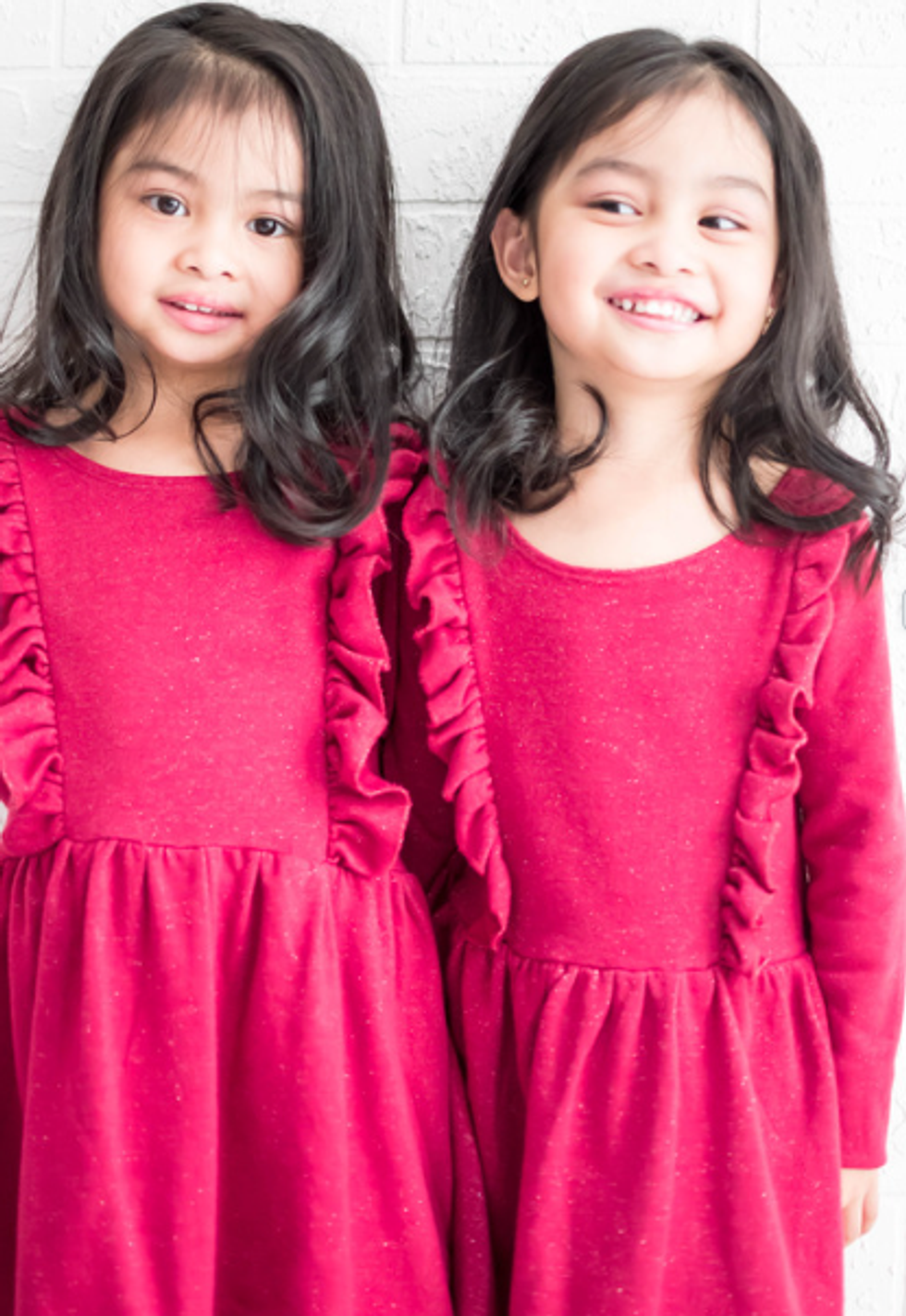
Their astonishing reunion drew the attention of researchers, who saw a rare opportunity to explore a key question in twin studies: to what extent do upbringing and environment shape who we are—our personality, mental health, and intelligence?
The results of cognitive testing were striking: although the sisters shared identical DNA, their IQ scores differed dramatically. The twin raised in the U.S. scored 16 points lower than her Korean-raised counterpart—a gap more than double what researchers usually observe between identical twins, who typically differ by no more than 7 points.

"The twins showed substantial differences in cognitive abilities that have been linked to strong genetic influence," one researcher observed. Multiple childhood concussions sustained by the US-raised twin, researchers speculated, could have played a role in her lower IQ score.
Still, despite their significant IQ gap and vastly different upbringings, the twins exhibited strikingly similar personality traits. "Notable is that both twins are distinctively high on conscientiousness—indicating that both are purposeful, well-organized, dutiful, and achievement-striving," the researcher wrote.

Researchers also uncovered stark contrasts in the sisters' upbringing: the twin raised in Korea experienced a warm and supportive home, while her sister in the U.S. endured significant challenges within her adoptive family. And yet, both women demonstrated notable resilience, with similar scores in self-esteem and overall mental health assessments.
Their experience challenges assumptions about what shapes us. Despite growing up worlds apart, the twins reveal how genetics and environment can pull in opposite directions while still producing surprising points of connection. The study adds meaningful insight to the nature versus nurture conversation, showing that the answers aren’t always clear-cut.
This story originally appeared last year.










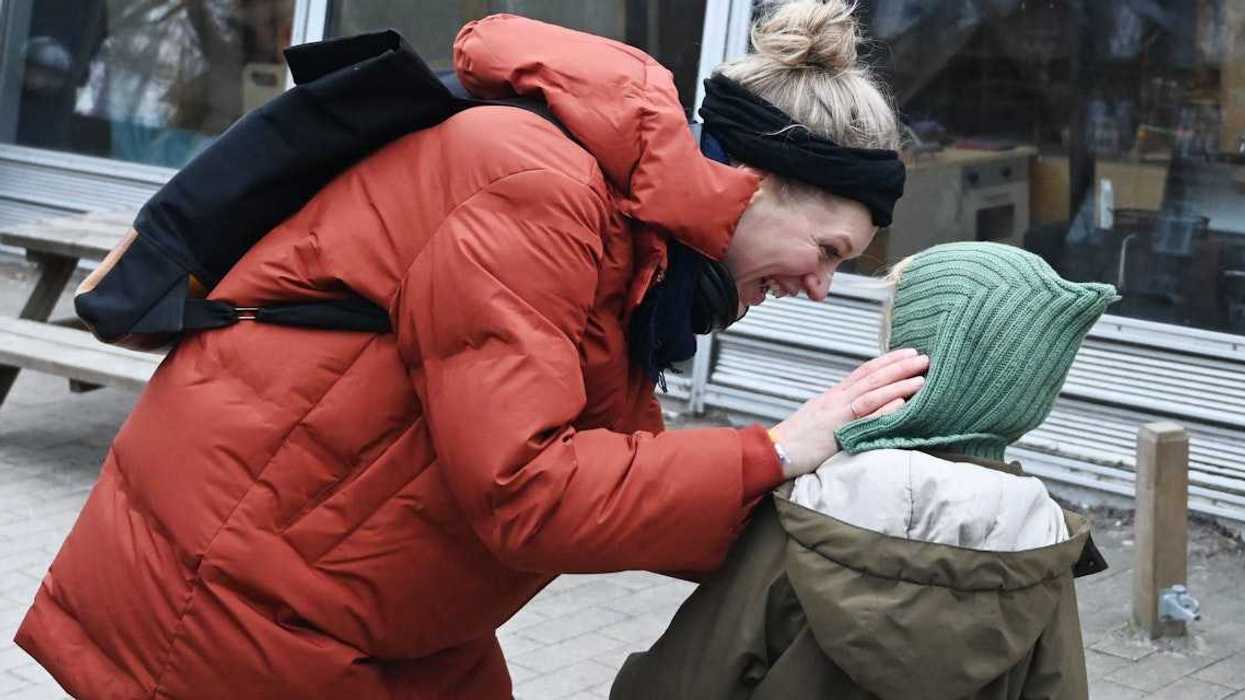









 (LEFT) Film premiere at ArcLight Theatre Hollywood; (RIGHT) LaNasa signing autographs at TIFF.thepaparazzigamer/
(LEFT) Film premiere at ArcLight Theatre Hollywood; (RIGHT) LaNasa signing autographs at TIFF.thepaparazzigamer/  Radical acceptance.Photo credit:
Radical acceptance.Photo credit: 
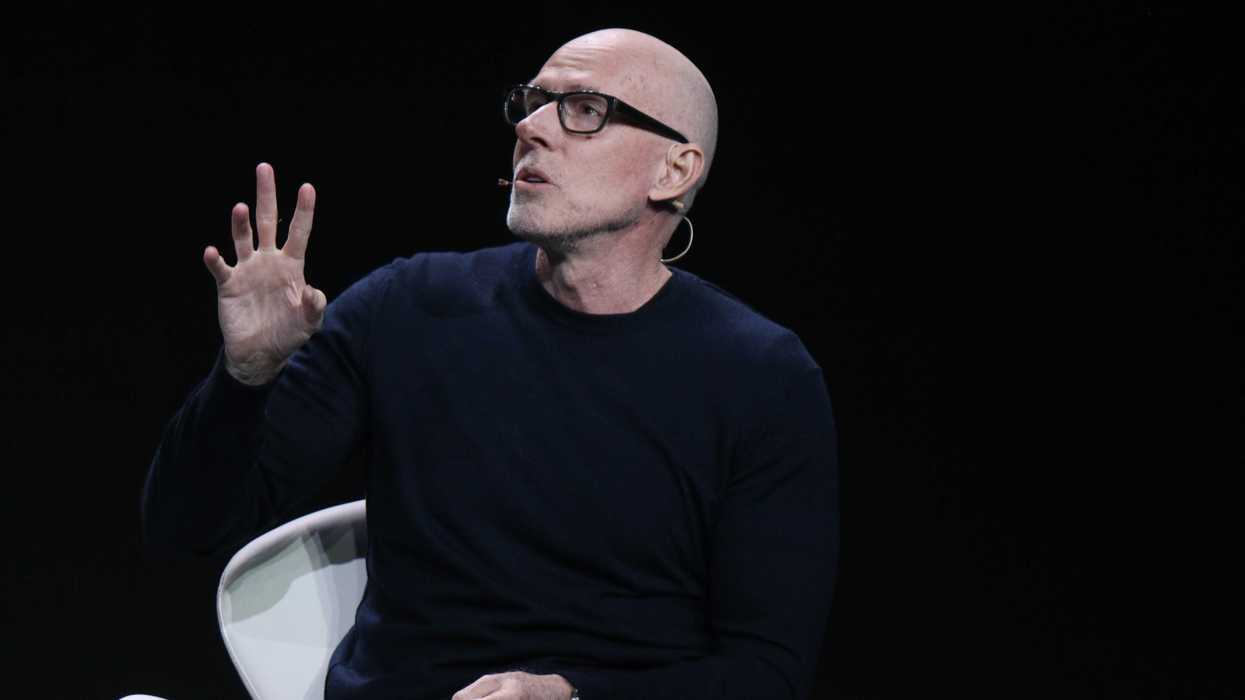 Scott Galloway in Barcelona in 2025.Photo credit: Xuthoria/
Scott Galloway in Barcelona in 2025.Photo credit: Xuthoria/  Resting in the shade of a tree.Photo credit:
Resting in the shade of a tree.Photo credit:  Two people thinking.Photo credit:
Two people thinking.Photo credit: 

 Female groundhog emerging from her burrow in late January.Stam Zervanos, Author provided
Female groundhog emerging from her burrow in late January.Stam Zervanos, Author provided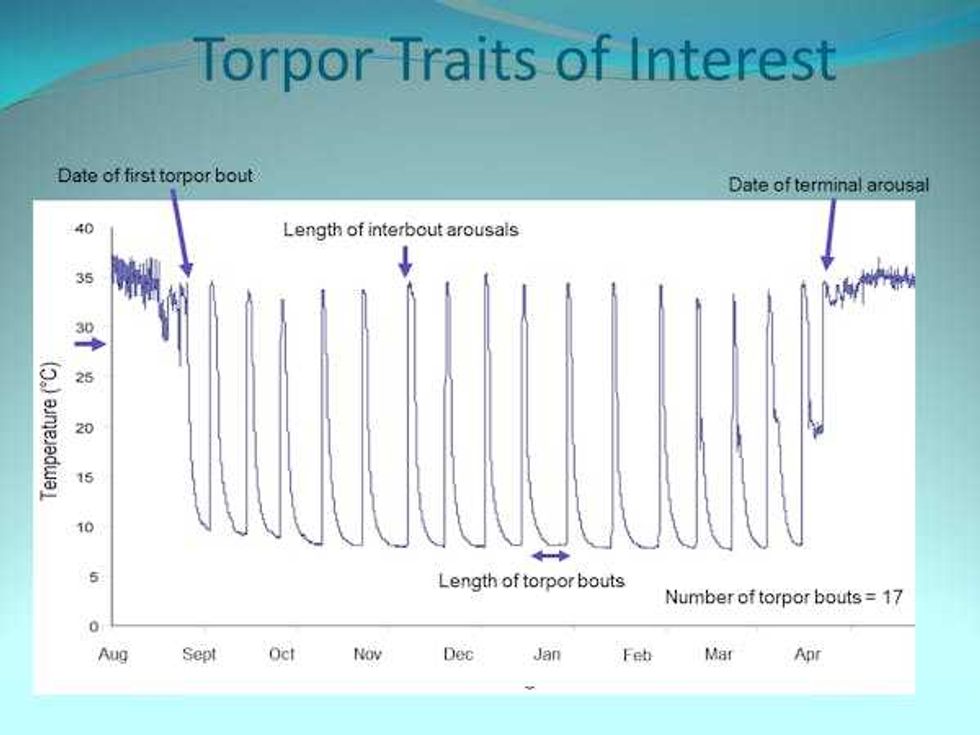 This Maine groundhog had 17 torpor bouts where body temperature went up and down.Stam Zervanos, Author provided
This Maine groundhog had 17 torpor bouts where body temperature went up and down.Stam Zervanos, Author provided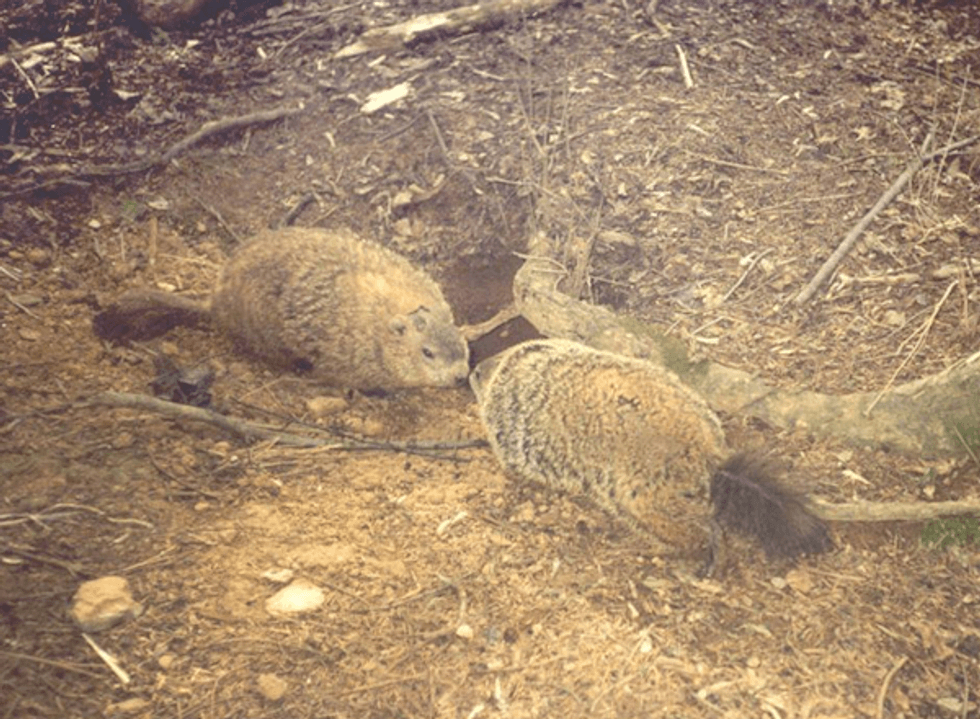 Male groundhog (on the right) greeting a female groundhog for the first time after they emerge from their separate burrows.Stam Zervanos, Author provided
Male groundhog (on the right) greeting a female groundhog for the first time after they emerge from their separate burrows.Stam Zervanos, Author provided
 A beluga whale frolicking in the oceanCanva
A beluga whale frolicking in the oceanCanva 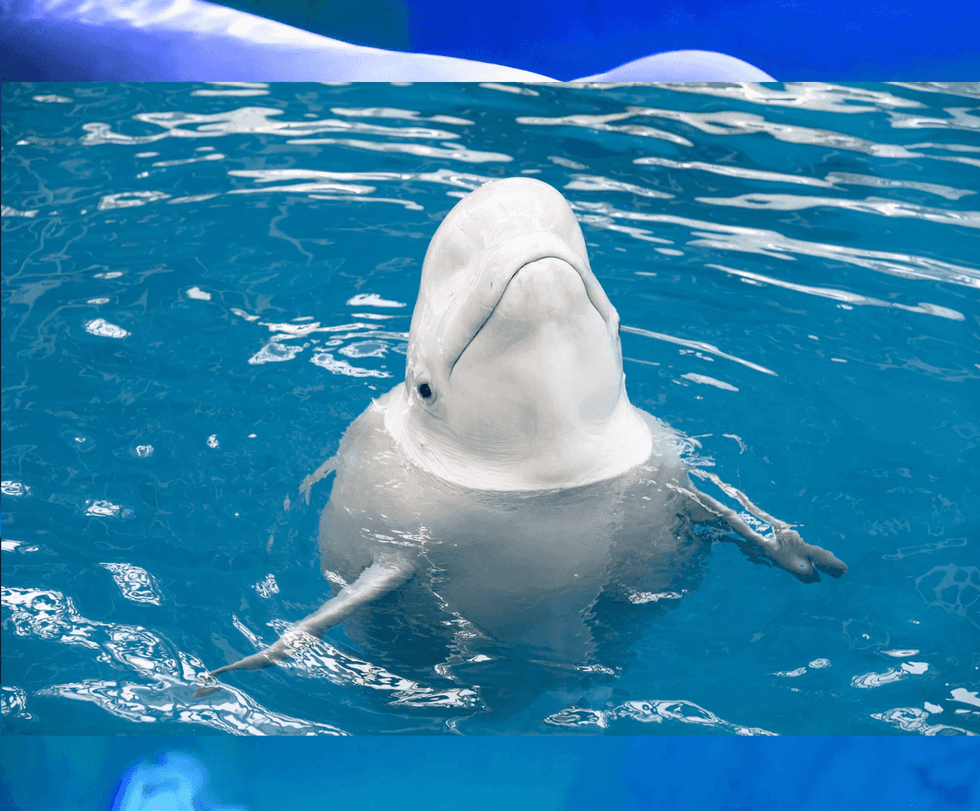 A beluga whale pops up from the waterCanva
A beluga whale pops up from the waterCanva 
 A woman sits in a new car at a dealershipCanva
A woman sits in a new car at a dealershipCanva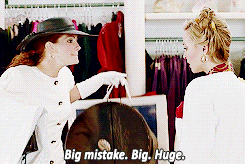 GIf from 'Pretty Woman' of Roberts saying "BIg mistake. Big. Huge." via
GIf from 'Pretty Woman' of Roberts saying "BIg mistake. Big. Huge." via 
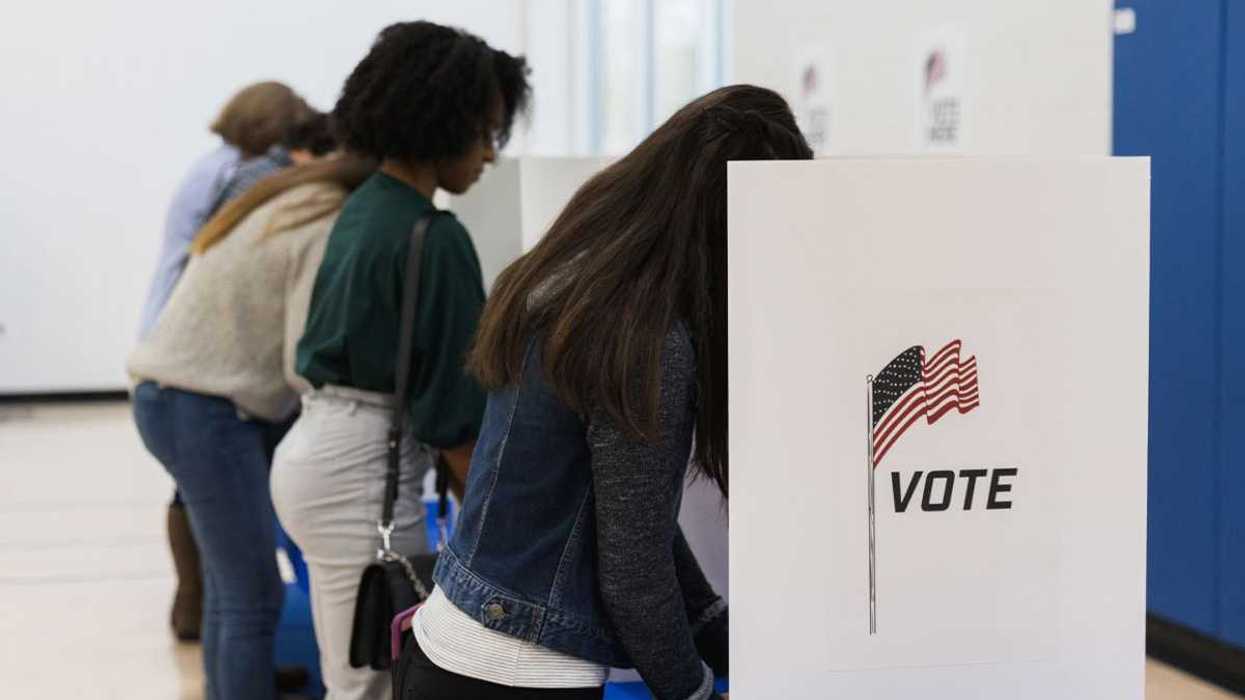 People voting. Photo credit:
People voting. Photo credit: 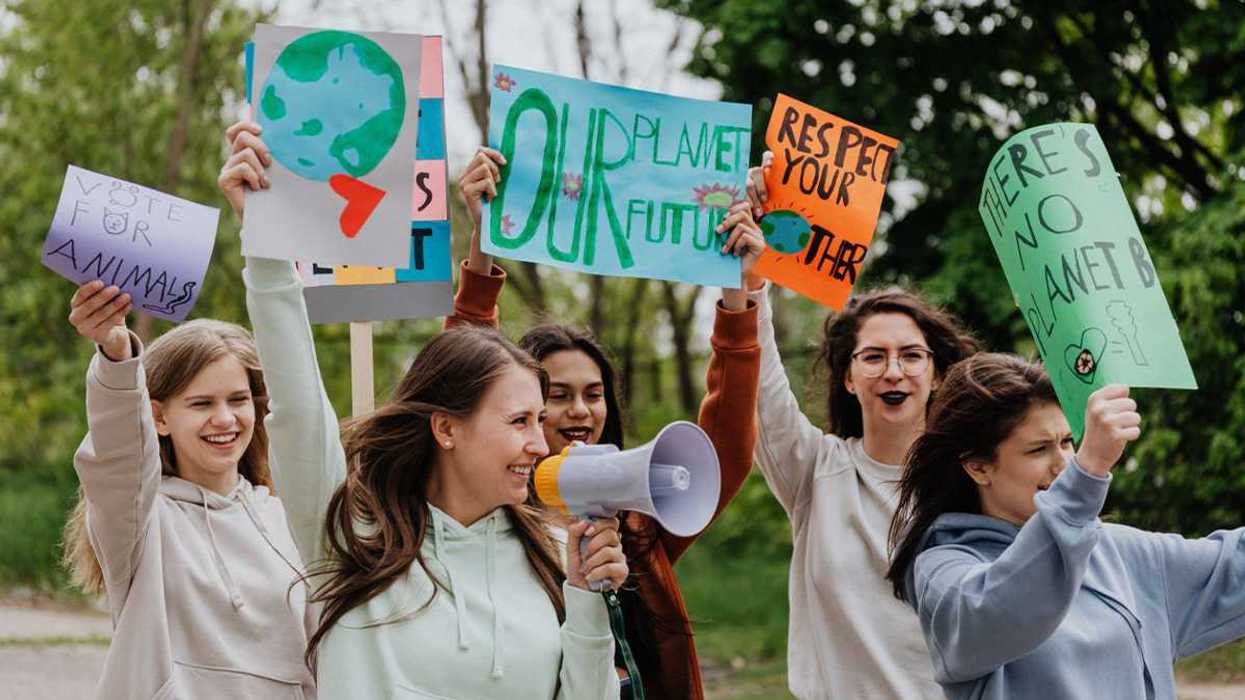 Young women rally. Photo credit:
Young women rally. Photo credit: 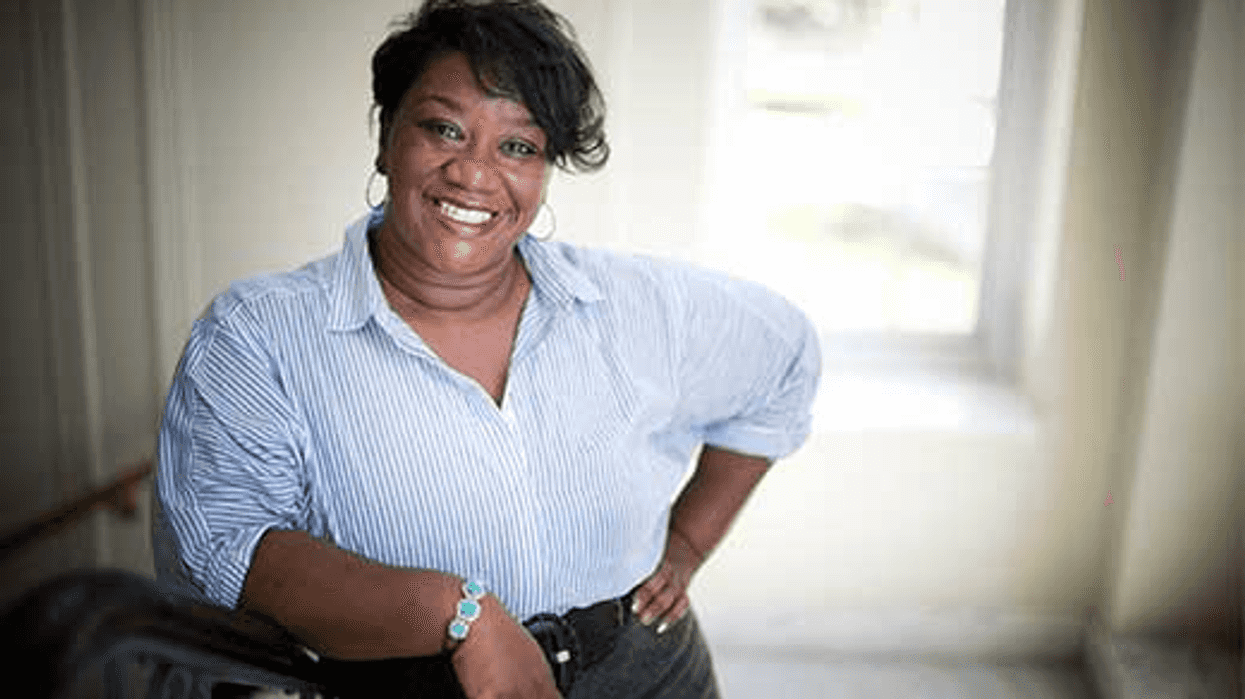 Tressie McMillan Cottom.Tressie McMillan Cottom/
Tressie McMillan Cottom.Tressie McMillan Cottom/